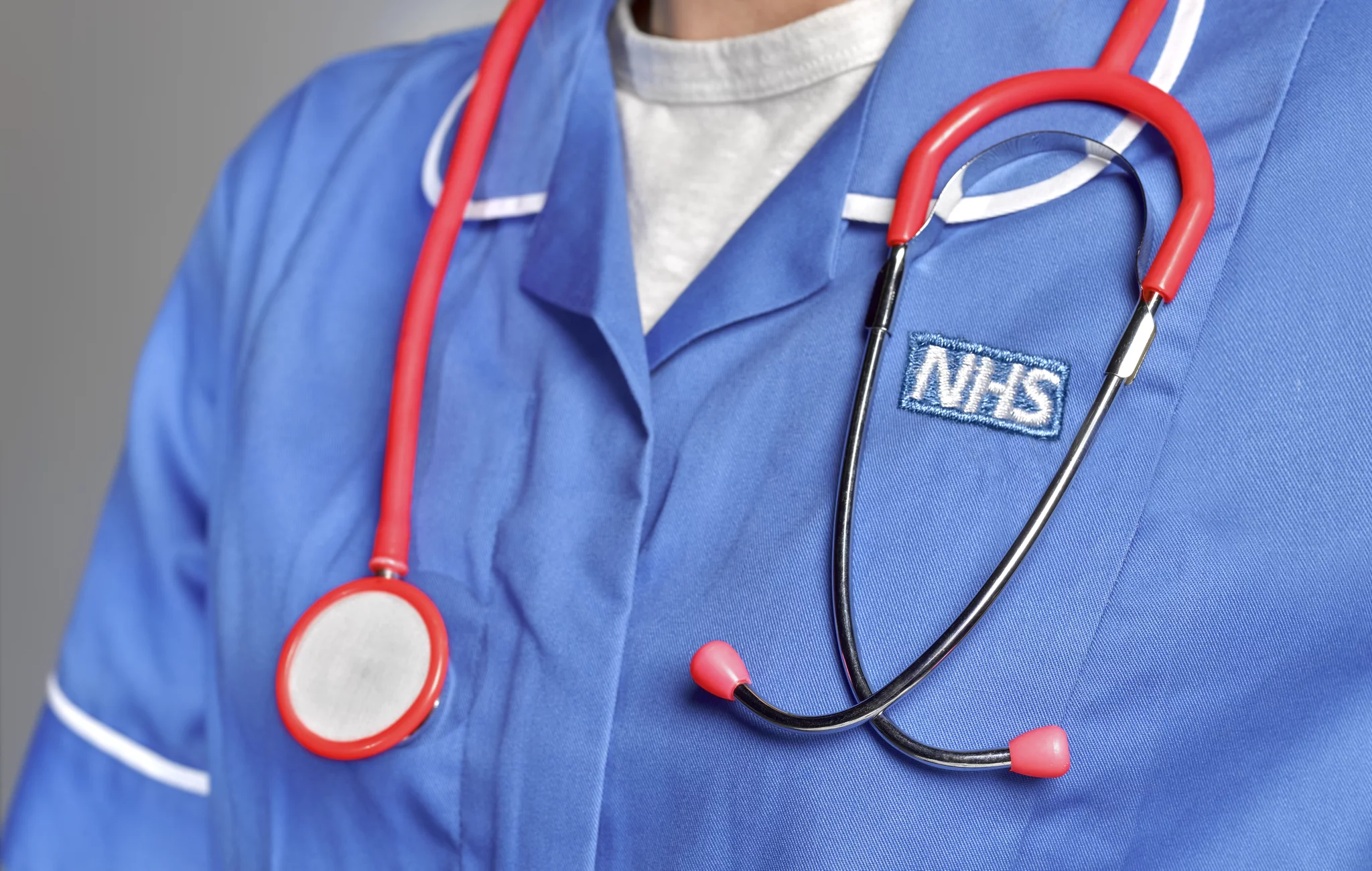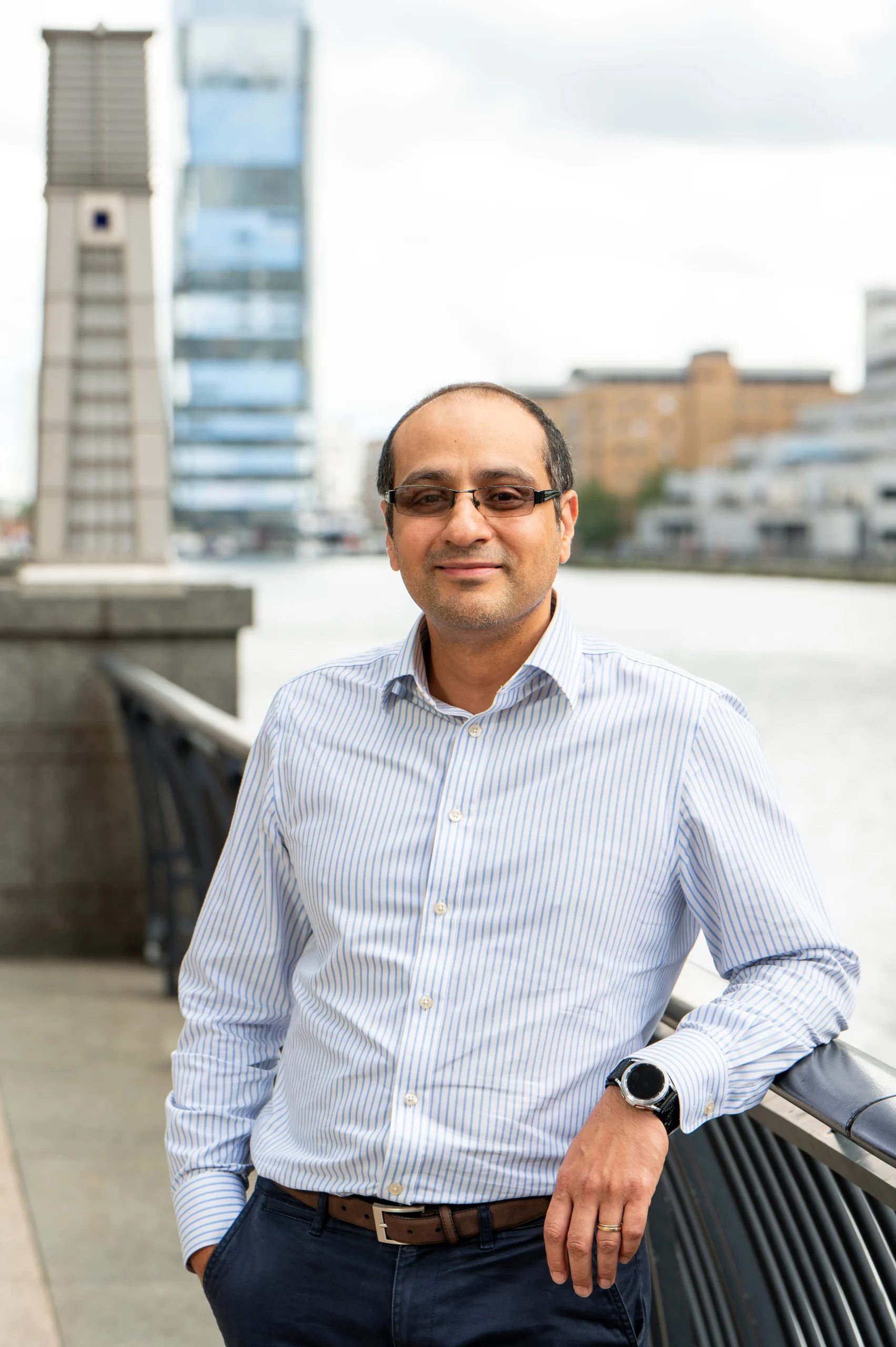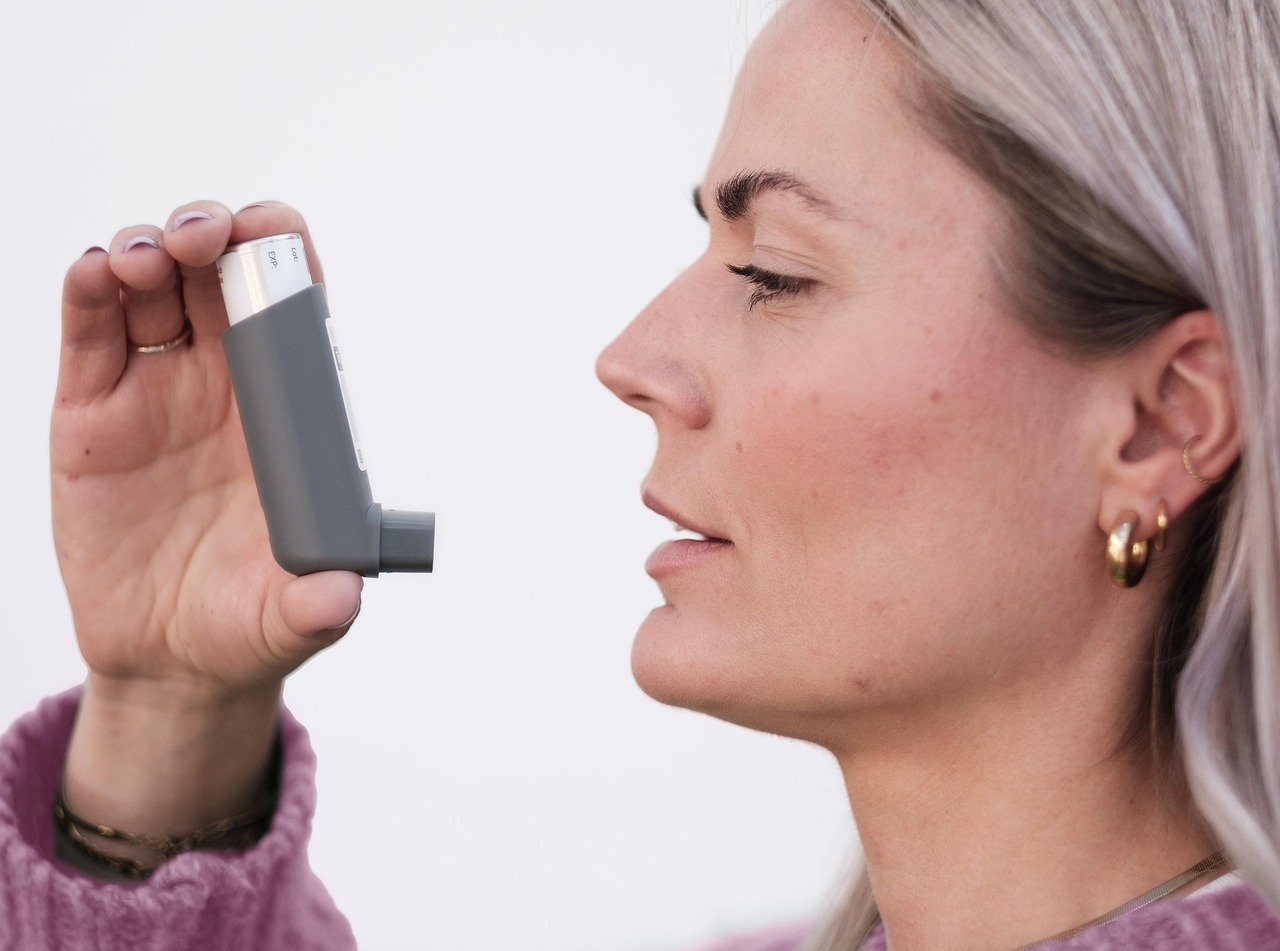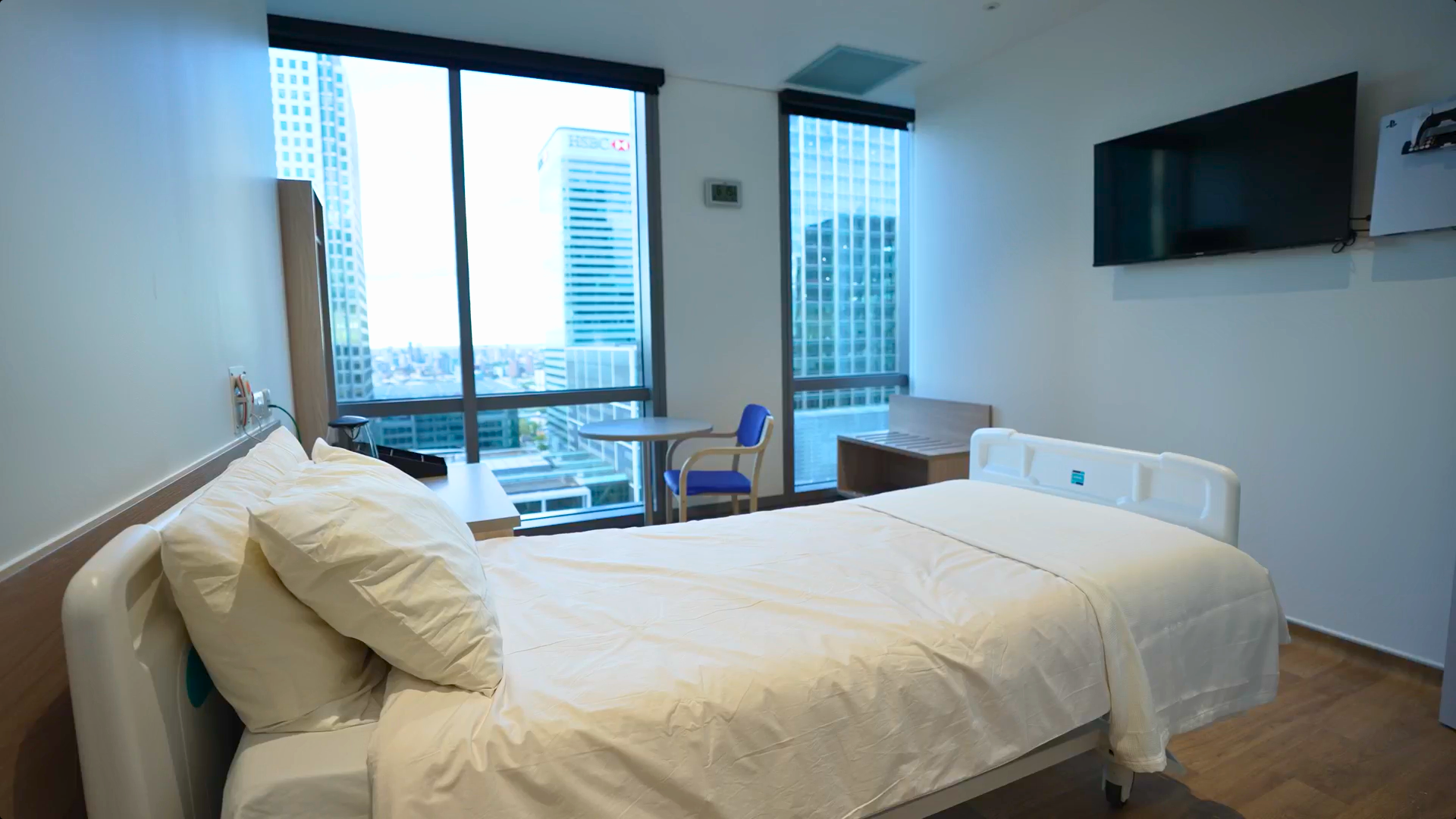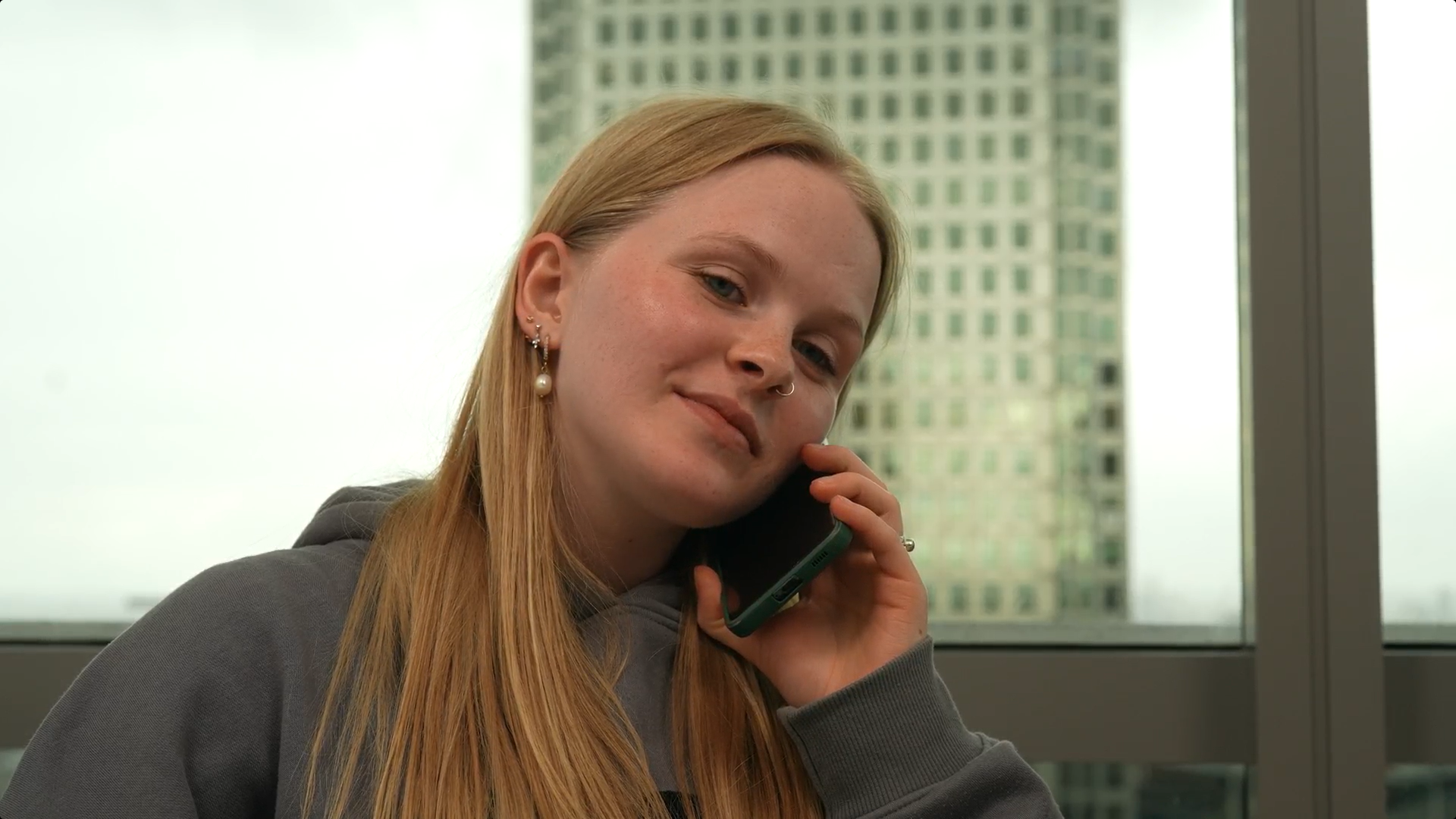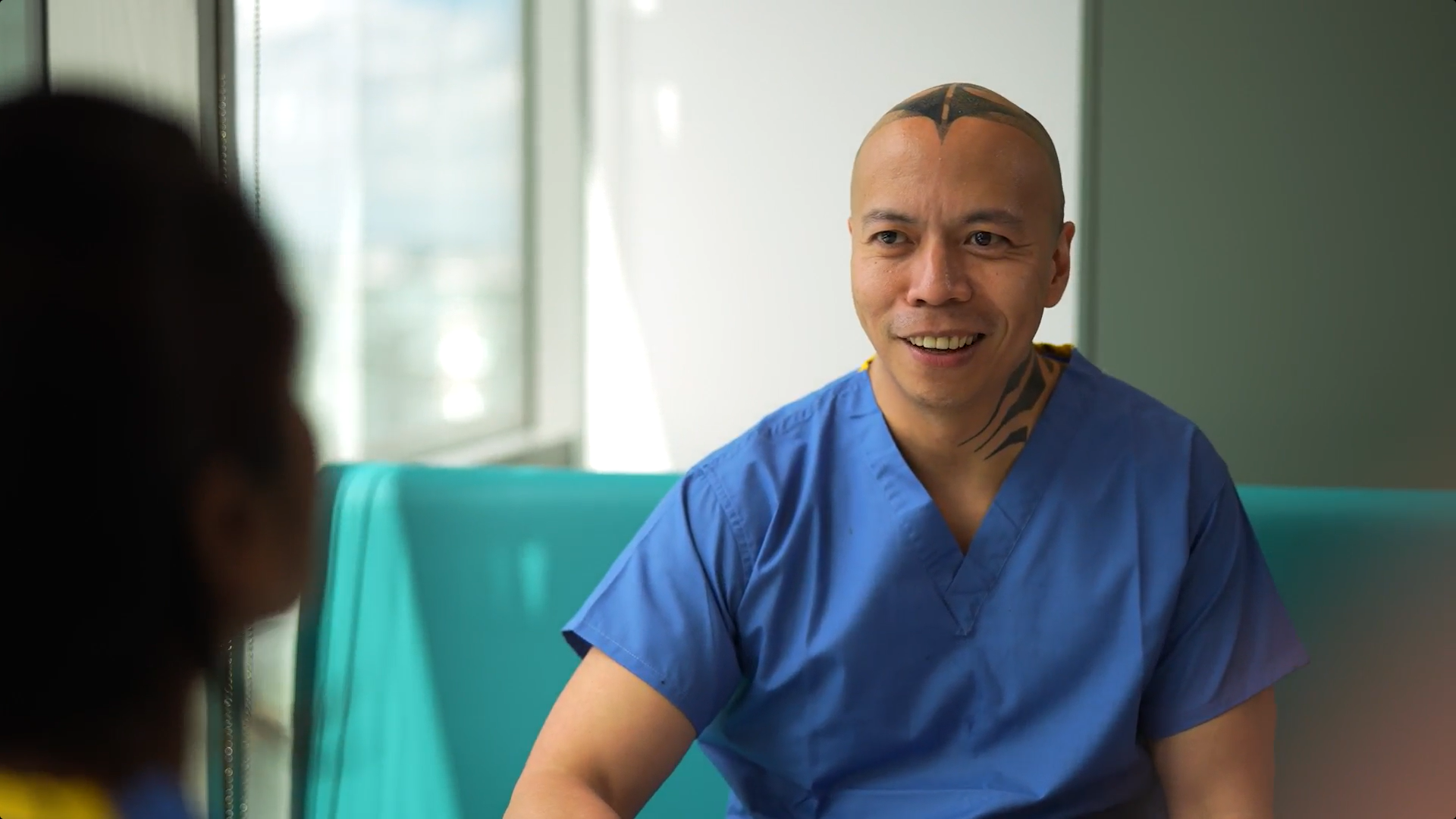It is important to be register with a GP in the UK as they will be usually your first contact if you have a health problem, if you need to be prescribed any medication or if you need any health advice. They are also in charge of can also referring you to other NHS services.
Scenarios where you will need to register with a new NHS GP surgery:
- Moved/relocated into the UK from abroad – and it is the first time when you are registering with an NHS GP.
- Moved houses or cities within the UK.
- Problems with your current GP.
- Already registered patient removed from the patient list due to inactivity with your practice.
Steps to follow for registering with a new NHS GP:
Find the GP surgery that suits what you need in your local area. Bear in mind that some GP surgeries offer more services that others. To find out more of the services provided by each GP, you can use the NHS searcher: https://www.nhs.uk/service-search/find-a-gp – most of the surgeries accept patients who live within close proximity to the general practice. There is a chance you’ll be able to register with the GP outside of the area you live, however it is up to individual GP surgery so check those details directly by calling them or visiting https://www.nhs.uk/nhs-services/gps/registering-with-a-gp-outside-your-area/.
- Confirm if your chosen GP surgery accepts new patients – Check the GP surgery website to check if they are accepting new patients or not. Normally you will find a section where you can register online as a new patient, or alternatively you can call or email them.
- Fill out the GMS1 form and bring it to your GP surgery or check if they accept online registration. Form available here: https://www.gov.uk/government/publications/gms1
If you have problems registering with a GP surgery, you can call the NHS England Customer Contact Centre on 0300 311 22 33.
Frequently asked questions about the registration process:
What documents and ID do you need to register with an NHS GP? Can I register with NHS GP surgery without an NI number? Can I register with NHS GP surgery without a proof of address?
Anyone in England and Wales can register with a GP practice.
You’ll not be asked about your NI number, employment status or any prove of enrolment at University during the NHS GP registration.You do not need proof of address or immigration status, ID, or an NHS number for registering.
However, normally bringing your passport, birth certificate, HC2 certificate, rough sleepers’ identity badge or hostel/accommodation registration or mail forwarding letter might make the registration process quicker.
If you are foreign and do not have yet an address yet, you can give a temporary address, such as a friend’s address, a day centre or the GP surgery address and then update your contact details.
Do you have to pay to register for NHS GP surgery?
No, anyone who lives in England and Wales can register with an NHS GP surgery for free.
Do my medical records get transferred when I change GP surgeries or I am relocated from another country?
All medical records will be transferred to your new GP surgery during the registration process. GP’s use GP2GP to transfer the digital medical records of patients.
When filling out the GMS1 form (also known as the NHS GP registration form), you will be asked about your previous GP details so your new GP surgery can identify you and your records quicker.
If you are foreign or you have been resident in any other country, you will need to request your GP records from your country of origin and provide them to your UK GP to be added to your medical records, as this process won’t be automatic between countries.
Can I use a GP surgery that I am not registered with?
Yes, you can contact any GP surgery if you need treatment and you’re away from home, you’re not registered with a GP surgery, or you have a medical emergency.
You might need to register as a temporary resident or permanent patient if you need treatment for more than 14 days. You can register as a temporary resident for up to 3 months. You’ll still be registered with your usual GP surgery if you have one.
Can you be registered with 2 NHS GP surgeries at the same time?
No, you can only be registered with one practice at a time. You might be allowed to sign up with a temporary GP while away for work or study and you can’t access your local GP.
How long does it take to register with a new GP or changing my current GP?
The process of filling out the registration form should take you no longer than 15-20 minutes, depending on the GP practice. Following this you can hand your form to the receptionist at your selected GP surgery or send your online registration.
Once this is done the process of registration can take up to 10-14 days depending on the individual practice policies. However, your GP will post you a confirmation letter after your registration to the home address provided within the registration form. In the rare cases were you haven’t received the confirmation letter from your GP after this time, you should call/email them to check the status of your application.
If you’ve registered for the first time for the GP surgery you will also see your NHS number at the top of the confirmation letter, that will be essential to open a bank account, getting payslip, completing your application to any university or attending to any GP practice or hospitals in the UK in the future.
If you have an emergency, you cannot wait that long to see a GP you should seek alternatives such as:
- Finding the closest Walk-in centre – a detailed list of practices including locations and services provided at each surgery is available in the NHS website here: https://www.nhs.uk/service-search/find-a-gp/walk-in .
- Attending the A&E (if your condition is life-threatening and can’t wait until the following day), in this case you will need to bring a hard copy of your valid ID (or passport if you are not a UK citizen).
- Private GP consultations – bear in mind that costs will need to be covered by you.
If any of these solutions work, you can contact any other GP practice for emergencies.
How can I register with a new GP surgery without knowing my current GP?
In case you don’t know or forget which surgery you’ve been signed to, you can check your NHS number in any of you letters, provide your new GP practice with the previous address you were registered to and your NHS number (even if you do not remember any GP details from your previous surgery) and your new practice will be able to search through your history and match your historical medical records.
Remember to contact your previous GP to notify them that you have been transferred to a new practice, as your patient spot can be used for the registration of a new patient.
What is my NHS number?
The NHS number is your patient ID number. The NHS number contains 10 digits, and it is life-long.
To get an NHS number you will need to register with the GP surgery that is serving in your area. Visit our NHS registration guide page to find out more about how to register and what you will need to do so.
You might be asked to provide information about previous GP surgery you registered with so they can easier identify you.
At the same time, if it is the first time you are registering with NHS GP surgery, you will receive your new NHS number on your registration completion letter that will be delivered to your home address.
How can I find out my NHS number?
If for any reason you don’t know or don’t remember your NHS number, your GP surgery will be able to find you in the system during the registration process. However, there are a few ways you can find your NHS number.
- Use the NHS App – this is a free NHS service. You can access your NHS App through a smartphone device.
- Contact your GP – call your GP and ask them to provide you with your NHS number. They will ask a range of questions to confirm your identity first and then give you a 10-digit number.
- Check the header from any letter received from the NHS.
- Check any of your payslips if you are a permanent employee in the UK.
- Find your NHS Number online – Use the free NHS service to find your number online, similarly to when you’d call your GP, you will be asked a range of questions to prove your identity before information will be provided by email, text message or post.
How to register with GP as an international or local student?
As a student, you are eligible for free healthcare if you come to the United Kingdom to pursue a full-time course at the university and if your course lasts longer than 6 months and you hold a visa for studying in the UK.
The first thing you should do once you arrive at your place of study, is to register with a GP.
To learn more on how to register in a GP practice you can follow the steps in section 2 of this post and visit your chosen GP surgery reception during operating hours.
If you are an international student, for your registration visit you should take with you:
- Letter from the institution you will be attending confirming that you are a student
- Valid passport
- Additional immigration-related documentation
- Visa confirmation approval or pre-settled/ settled status confirmation.
Before booking your registration appointment bear in mind that some GP practices in the UK only accept registration of new patients that hold a UK phone number.
During the registration process, you will be added to the NHS patient list and receive your NHS number posted to the address provided in your registration form. This will allow you to receive free healthcare in the United Kingdom.
If you are a woman and would prefer to be assigned with a female doctor, it is possible, you just need specify so in your first GP appointment.
For any further information you can visit https://www.nhs.uk/nhs-services/gps/how-to-register-with-a-gp-surgery/ or call/email your most convenient GP practice in your area.
Have you ever considered participating in a clinical trial in the UK?
To participate in any clinical trial in the UK, you must meet some requirements:
- Have a photo ID or passport (if you are not a UK citizen a passport is required).
- Be registered as a permanent resident in the UK or hold a valid visa that allows you to live in the UK – you can be a student, a working professional or unemployed.
- Be registered with an NHS GP surgery.
References
